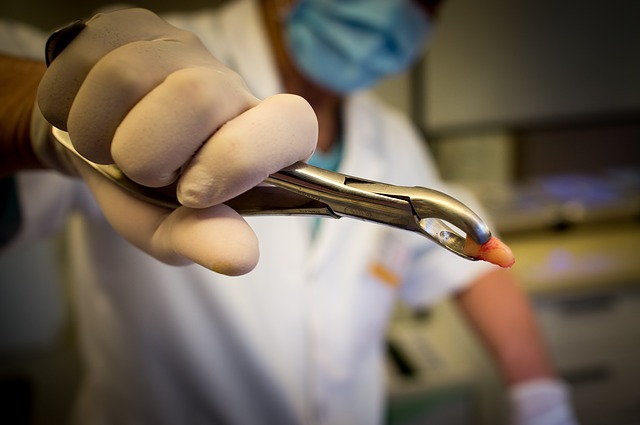Dental extractions are the process of removing teeth. They typically are not painful. Dental extractions can range in difficulty depending on factors including position, anatomy, and density of bone. They can be simple or complicated, requiring a surgical approach. A dental anesthetic is used to freeze the extraction site to prevent pain during dental extraction. Patients usually have mild discomfort following dental extraction that can be relieved with pain killers such as Ibuprofen.
What Are Dental Extractions?
Teeth are extracted when they aren’t performing their normal functions. These could include teeth that would cost too much to repair or teeth with deep decay which could damage nerves and other healthy teeth in your mouth if they were left untreated. Sometimes dental extractions are necessary for orthodontic purposes. Extractions can range in difficulty depending on factors including position, anatomy, and density of bone.
Types Of Dental Extractions
There are three types of dental extractions:
• Simple dental extractions remove one tooth from its socket; it takes about five minutes to complete this procedure under local anesthesia.
• Surgical dental extractions may require incisions into soft gum tissue before removal; this type of dental extraction may take up to thirty minutes.
• Impacted dental extractions are teeth that don’t exit the jaw at normal angles; these dental extractions can be very difficult and time-consuming, especially when they require bone removal.
Advantages Of Dental Extractions
Dental extractions are often necessary for dental hygiene or dental health purposes. After dental extraction, your mouth will become healthier and you’ll spend less money on dental care in the long run because most dental services aren’t free of charge. With procedures like dental extraction available, most people treat their mouths better than if they were not getting dental services regularly because most feel guilty about having bad teeth. This type of dental service is beneficial because most tooth problems can be prevented by dental care.
Disadvantages Of Dental Extractions
Even though dental extractions are helpful, they won’t always solve dental problems. When teeth are removed it causes the mouth to rearrange itself and create space for new teeth. There may be fewer teeth to keep your mouth stable if too many are extracted, which can cause problems later on in life such as jaw fractures or TMJ disorder. Patients who have dental extractions should brush their teeth carefully after the procedure because brushing will help prevent further dental complications by keeping bacteria from entering uncovered roots and causing infection. If you need dental extractions done there is not much you can do to prevent them other than practicing good dental hygiene and eating a healthy diet so that you don’t develop dental problems.

